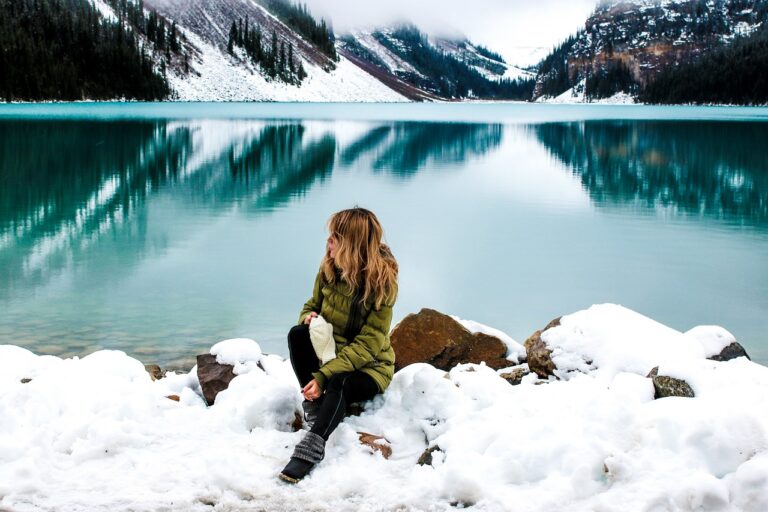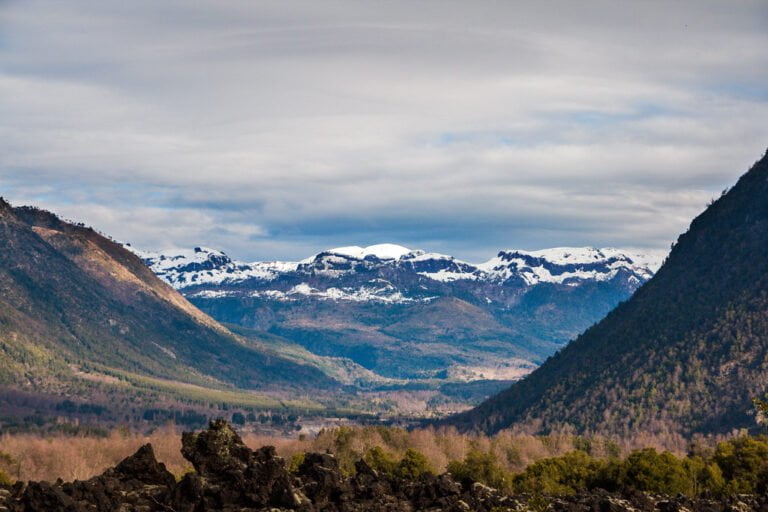Do People Go Backpacking Alone?
Yes, many people do go backpacking alone, and the trend is on the rise as travelers increasingly seek autonomy and self-discovery through solo adventure. The stigma associated with solo travel is dissipating, and millennials are particularly enthusiastic about hitting the trails solo. Backpacking alone offers the freedom to tailor your journey to your unique preferences, pace, and interests, and can lead to personal growth, increased confidence, and a deeper connection with oneself and the world around them. As you consider taking the solo backpacking leap, you'll want to delve into the benefits, challenges, and essential tips for a successful and empowering journey ahead.
The Rise of Solo Travelers
As the stigma associated with traveling alone continues to dissipate, a growing number of individuals are embracing the freedom and empowerment that comes with exploring the world on their own terms. Solo travel is no longer seen as a last resort, but rather a deliberate choice for those seeking autonomy and self-discovery. With the rise of social media, solo travelers can now easily connect with like-minded individuals, share experiences, and gain valuable insights from others who have ventured forth on their own. This shift in perception has led to a significant increase in solo travelers, particularly among millennials, who are enthusiastic to break free from the constraints of group travel and forge their own paths.
Benefits of Backpacking Alone
Venturing on a solo backpacking adventure can be a profoundly liberating experience, allowing individuals to tailor their journey to their own unique preferences, pace, and interests. Without the need to ponder others, solo backpackers can create a personalized itinerary that suits their style, whether that's hiking at dawn or sleeping in till noon. This freedom also allows for greater spontaneity, as solo travelers can change plans or take detours on a whim. Additionally, solo backpacking fosters personal growth, as individuals are forced to navigate unfamiliar territories and overcome challenges independently. This, in turn, can lead to increased confidence, self-awareness, and a deeper connection with oneself and the world around them.
Overcoming Fear and Anxiety
Solo backpacking's promise of freedom and personal growth is often tempered by the intimidating prospect of facing one's fears and anxieties alone on the road. However, it's essential to confront and overcome these feelings to truly reap the rewards of solo travel. Start by acknowledging your fears and identifying their root causes. Then, take small steps to build confidence, such as taking a solo day hike or overnight trip before setting out on a longer journey. Additionally, research your route, prepare thoroughly, and stay connected with loved ones back home to alleviate concerns. By tackling your fears head-on, you'll develop resilience, self-reliance, and a deeper understanding of yourself, ultimately enriching your solo backpacking experience.
Meeting Fellow Travelers on Trail
The camaraderie found on the trail, where like-minded travelers converge to share stories and advice, is a significant aspect of solo backpacking, providing a welcome respite from the solitude. Meeting fellow travelers on trail can be a highlight of the journey, offering an opportunity to forge new connections and gain valuable insights from others who share your passion for adventure.
Here are three ways to increase your chances of meeting fellow travelers:
- Camp at established campsites: These areas tend to attract more hikers, increasing the likelihood of striking up conversations and forming connections.
- Join online backpacking communities: Connecting with other hikers online can help you identify potential trail partners or gather information about popular gathering spots along the route.
- Attend trail events and meetups: Many trails host events, workshops, or meetups, providing a platform to meet fellow travelers and learn from seasoned backpackers.
Safety Considerations for Solo Hikers
Beyond the joy of exploring new landscapes and testing personal limits, backpacking alone requires a heightened sense of awareness and deliberate planning to mitigate risks. Solo hikers must be prepared for emergency situations, such as injuries or inclement weather. It's essential to share your itinerary with friends or family, including your route, expected campsites, and return date. Carry a personal locator transmitter (PLT) or satellite phone, especially in areas with no cell service. Know basic first aid and wilderness survival skills, and stay informed about local weather and trail conditions. By taking these precautions, solo backpackers can minimize risks and focus on the thrill of exploring the great outdoors.
Is Solo Backpacking for You?
Setting out on a solo backpacking trip requires a honest self-assessment of your physical and mental preparedness, as well as a willingness to take on the unique challenges that come with venturing into the wilderness alone. To determine if solo backpacking is for you, consider the following:
- Your comfort with uncertainty: Can you adapt to changing weather conditions, navigate through unfamiliar terrain, and troubleshoot gear issues on your own?
- Your physical capabilities: Are you capable of carrying a heavy backpack, hiking long distances, and managing physical exhaustion?
- Your mental toughness: Can you handle the emotional demands of solo travel, including feelings of loneliness, fear, and self-doubt?


